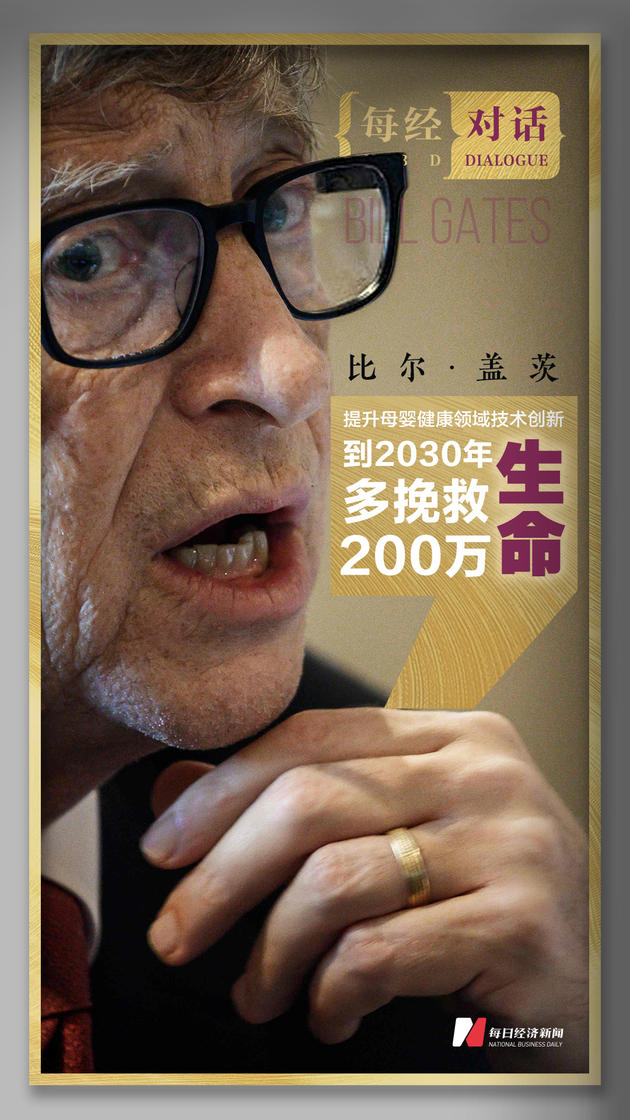
On September 18 and 19, the United Nations General Assembly will convene the Sustainable Development Goals (SDG) Summit, where heads of state and government leaders from various countries will gather to review the progress of the goals and discuss the next steps in the action plan.
As a "standard feature" before the SDG Summit in recent years, the Bill & Melinda Gates Foundation has been regularly releasing an annual Goalkeepers Report since 2017. From 2020 to 2022, the report has focused on the COVID-19 pandemic and hunger issues, and this year it shifts its focus to the traditional health issue of maternal and infant health.
On the eve of this year's report release, Bill Gates, co-chair of the Bill & Melinda Gates Foundation and co-founder of Microsoft, had a video interview with National Business Daily (NBD).
In his view, this complex world is indeed facing multiple daunting challenges, from climate change to geopolitical conflicts. However, he believes that the innovations needed to improve maternal and child health are not expensive or cutting-edge technologies, but their potential impact is significant. There is no reason not to take proactive action.
"The magnitude of the improvements we can make for mothers and children are so high and the cost, as a percentage of the world economy, is so low that despite those things, we should be able to get back on track." Bill Gates told NBD.
Every 7 seconds, one pregnant woman or newborn dies
The town of Soweto, located in the outskirts of Johannesburg, South Africa, is one of the areas with the highest infant mortality rates in the world. In 2016, Bill Gates met a couple in Soweto who were willing to donate their baby's body for scientific research. He asked them why they made such a decision.
"We just don't want this to happen to other families," they replied.
Their response deeply impacted Bill Gates, and every time he mentions it, he can't help but choke up. It also strengthened his determination to reduce maternal and infant mortality rates through the research funded by the Gates Foundation.
"Now, our track record up to 2015, the world's progress was quite fantastic.I’d give it an A, because in the year 2000, we established the Global Fund that did fantastic work in malaria, and TB and HIV. We also established the Global Alliance for Vaccines to buy vaccines for all of the children in the world. And those are two of the primary reasons that childhood death was cut from 10 million a year to under five million a year during that time period. And there was a lot of partnerships and a lot of cooperation to achieve that. And there's hardly any achievement of mankind that measures up to that. I mean, that means five million children a year are surviving who would not have survived otherwise." Bill Gates said to NBD.
However, data shows that progress in improving maternal and infant survival rates has stagnated since 2015. According to a report released by the United Nations in May 2023, over 4.5 million women and infants die each year during pregnancy, childbirth, or the first few weeks after birth. This is equivalent to one death every 7 seconds, primarily due to preventable or treatable causes. With appropriate care, these tragedies could be avoided.
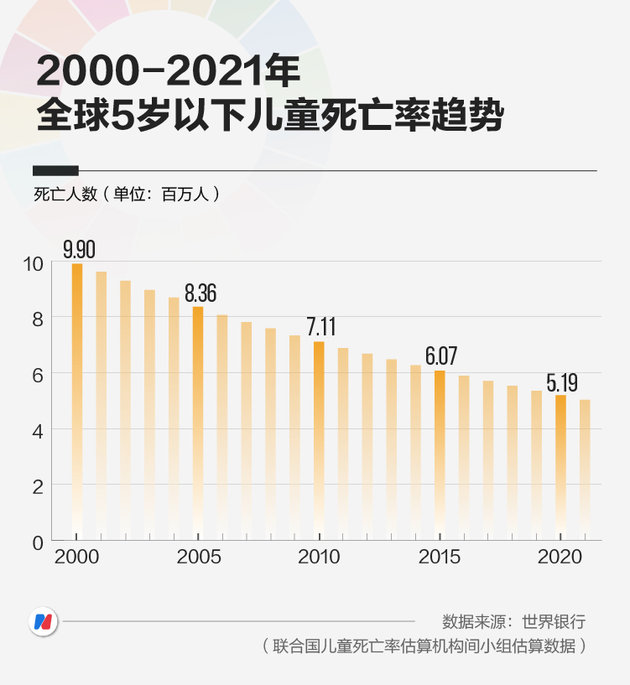
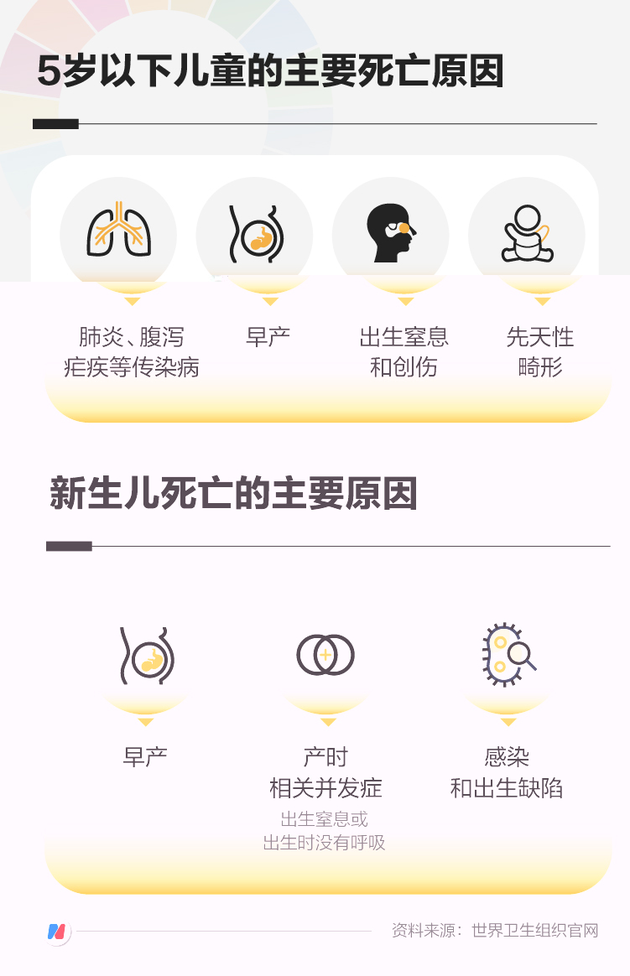
"And here we are, halfway to 2030, and we find we’re very much falling behind. And so, countries should help us step up and get back on track." Bill Gates sighed.
"If humans can explore Mars, they can also improve maternal and child health"
At present, the impact of the COVID-19 pandemic on the global health system has not been completely eliminated, the conflict between Russia and Ukraine has not seen the dawn of an end, and extreme weather events caused by climate change are constantly staged around the world. One after another "black swan events" have disrupted the process of achieving the sustainable development goals, and some areas have even regressed.
Regarding this, Bill Gates told NBD,"And so, yes, the world is complex, and we have to deal with all of these things at once. War is always a setback. It reduces the foreign aid going to Africa; it raises the food price. But even so, these are fellow human beings. Their children still have far too high a risk of dying."
At a time when humanity faces multiple challenges, the the Bill & Melinda Gates focuses on maternal and child health in this year's report, precisely because it sees that the innovative technologies needed in this field are low-cost and have very significant effects. It is a place where solid results can be achieved.
Bill Gates further explained to reporters that the Bill & Melinda Gates and its partners have carried out seven low-cost innovations, and he is very proud of what they have done. "I’m very proud of the work the foundation and its partners have done on these seven innovations that are actually quite inexpensive. None of the things listed here are very expensive."
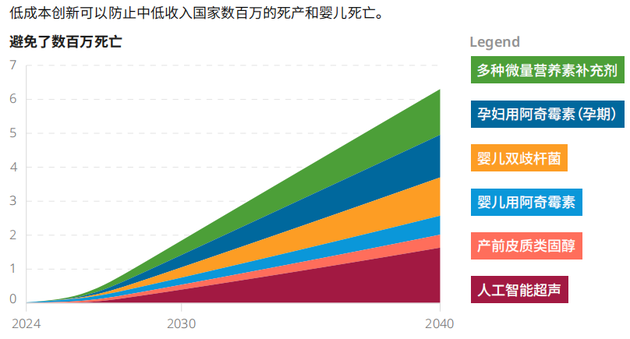
"And war is a huge setback, but the magnitude of the improvements we can make for mothers and children are so high and the cost, as a percentage of the world economy, is so low that despite those things, we should be able to get back on track."Bill Gates added.
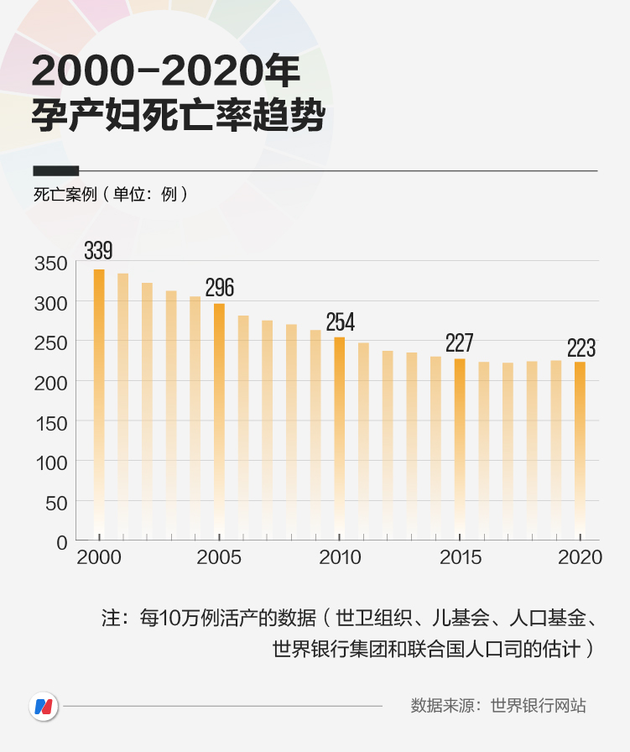
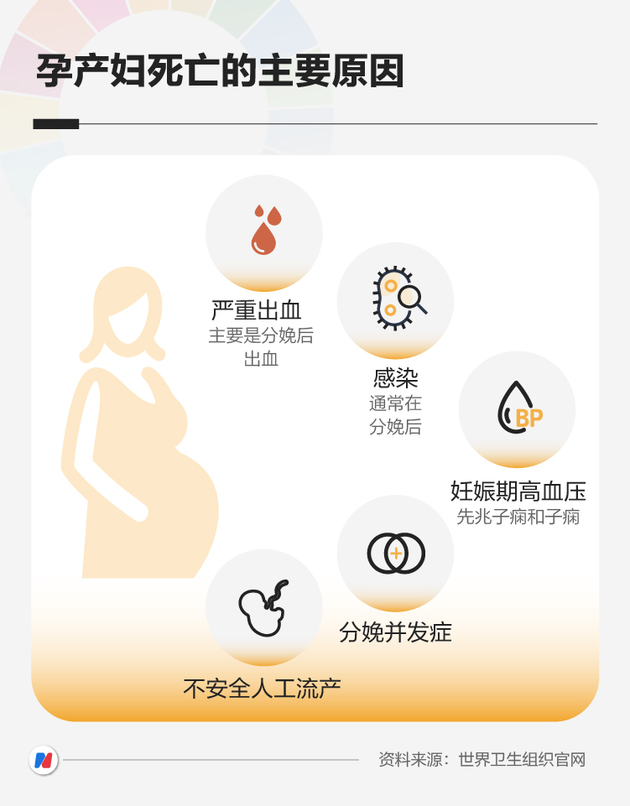
Bill Gates hopes that these low-cost innovative technologies can be more widely applied to developing countries.
He said to NBD, "And for example, for the intravenous arm, we will be reaching out to Chinese partners to say, okay, do you have ideas about how to make that less expensive? It’s almost $50 in Europe today, but we’re pretty sure we could get that to either $15 or $10 with the right kind of partnerships that we’re just exploring right now. Likewise, some of the drugs, like the oxytocin, are not made with very high quality. And so, we need to find suppliers for that postpartum hemorrhage bundle to not only be low cost, but also high quality."
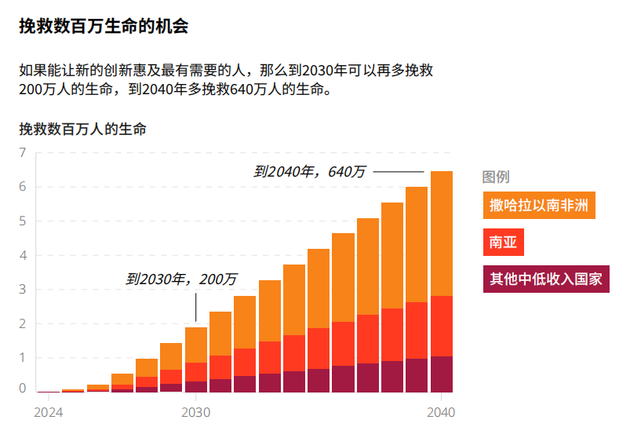
"If we have the ability to launch probes to the surface of Mars, we should be able to envision a world where mothers and babies can live healthy and long lives." Bill Gates and Melinda French Gates borrowed the words of Paul Farmer, a famous American medical anthropologist and physician, to appeal to the world.


 川公网安备 51019002001991号
川公网安备 51019002001991号





